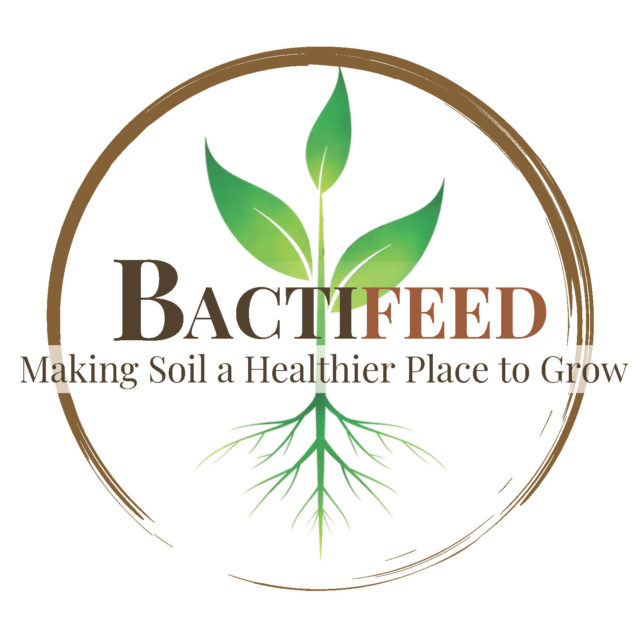The newly-certified variety, SW4328, marks the company's first, proprietary variety specifically bred to thrive in high altitude and cooler climates, and expands the topographies that can utilize S&W Seed products. The new variety is a departure from the company's "mainstay" high-yielding non-dormant varieties that thrive in high heat and saline soil conditions.
Mark Grewal, chief executive officer of S&W Seed Company commented, "This variety is the result of three years of R & D and marks the expansion of our proprietary seed varieties into the 'dormant' seed market. With the development of this initial dormant market variety, we expect to leverage our knowledge and develop additional varieties with the goal of expanding our revenues streams in the coming years.
"We intend to continue to invest in research and development with the goal of diversifying our product offerings, expanding the geographies and topographies that we can sell into and extend our status as a premier breeder of non-dormant proprietary alfalfa seed varieties into the dormant market as well."
The California Crop Improvement Association is the official seed-certifying agency in California as recognized by California Seed Law.
The CCIA works closely as a partner in the seed industry and the seed grower to assist in the production of high-quality, certified seed.
The mission of CCIA is to engage in any activity that promotes the production, distribution and use of superior-quality seed. Crop varieties today have tremendously complex genotypes and advancements in genetics are occurring at rates unimagined just a few years ago.
Because the assurance of genetic purity and quality contributes great value to seed, certified seed sells for a higher price than "common" seed, often returning greater profits to the grower and conditioner. Use of superior quality certified seed assures that the full genetic potential of a variety is uncompromised and available for the production of the highest-quality crop yields.
According to the USDA, alfalfa hay is commanding record prices due to shortages and increased global demand. In December 2011, the USDA reported that the national average price was $199 per ton, compared with $121 per ton in the previous year.
While not a direct correlation, with the significant increase in price for alfalfa hay, S&W expects increased demand for hay production in the future, which will, in the opinion of the management of S&W, also increase the demand for S&W's proprietary varieties. FG
—PRNewswire press release









